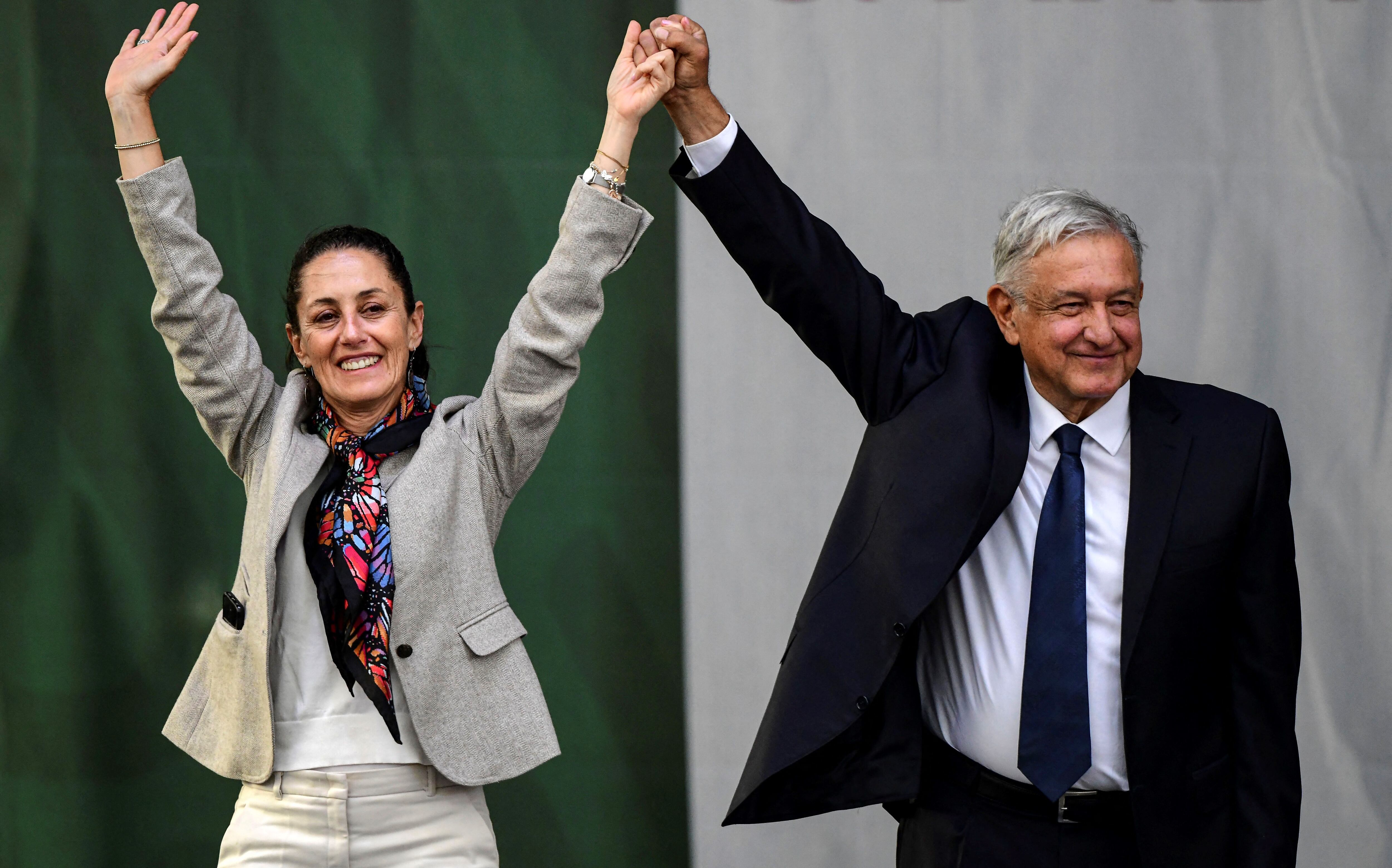In a turbulent world, full of crises and wars with no end in sight, more than half of the world’s population will go to the polls in 2024 in key elections for the future of international geopolitics. Of the 70 countries that will have elections, eyes are focused on the United States and Russia – powers of global influence – but there will also be processes in Latin Americawhere citizens of six nations are called to elect their authorities.
TO LOOK: New Year 2024 | The best photos of spectacular celebrations around the world
In the region, some elections will be historic and others will stand out for their uncertain or controversial conditions, as we explain below.
After a political crisis that seems to have no end, Venezuelans are called to vote in the presidential elections that still have no date, but which are scheduled for the second half of the year.
The opposition decided to participate in the elections after long negotiations with the Nicolás Maduro regime. However, for the presidential candidate of the main opposition coalition, María Corina Machado, to be able to run, the political disqualification that weighs on her must be lifted, as requested by the USA, the European Union and part of the international community.
José Carrasquero, a Venezuelan political analyst and specialist in electoral campaigns, highlights that Machado’s election arose from a primary process that generated considerable credibility. “In 2024, what the regime seeks is to divide the opposition so that Maduro can win. It will also try to be open in relation to the USA to see if it can obtain revenue to try to regain popular favor”, the analyst told El Comercio.
El Salvador is already counting down to the February 4 general elections, in which President Nayib Bukele will seek immediate re-election, something not foreseen in the country’s Constitution but endorsed by a Supreme Electoral Court that, according to the president’s critics, is linked to the politics of the president and his Novas Ideias party.

Bukele, who came to power in 2019, will face candidates from traditional parties, but his high popularity ratings, mainly due to his security management, make him the clear favorite.
Salvadoran investigative journalist Fernando Romero believes that, despite controversies over cases of corruption in his environment or accusations of human rights violations, Bukele will win. “No candidate has the strength to face him or even to reach the second round,” he tells this newspaper.
He considers that from now on there will be a tougher stance against the opposition, which includes not only opposition political parties, “but also social organizations that care for the victims of the emergency regime and transparency”.
This will be a historic election year for Mexico, where, for the first time, a woman will take the reins of the country.
It is practically a fact that the presidency will be contested between the ruling party Claudia Sheinbaum, former head of the Government of Mexico City, and Xóchitl Gálvez, former senator and leader of the opposition platform Fuerza y Corazón por México, in the June 2 elections.

The favorite is Sheinbaum, who represents the continuation of the transformations promoted by President Andrés Manuel López Obrador and has an advantage of more than 20 points in most opinion polls over Gálvez.
According to the National Electoral Institute (INE), these elections will be the largest held so far in Mexico, as they will be held in 32 entities, in which 20,375 positions will be elected, including president, deputies, senators, governors, etc.
In Latin America there will also be general elections in Panama (June 5), the Dominican Republic (May 19) and Uruguay (October 27).
Source: Elcomercio
I am Jack Morton and I work in 24 News Recorder. I mostly cover world news and I have also authored 24 news recorder. I find this work highly interesting and it allows me to keep up with current events happening around the world.

:quality(75)/cloudfront-us-east-1.images.arcpublishing.com/elcomercio/IULAZZXRNBH33API63HS3LAOKU.jpg)





